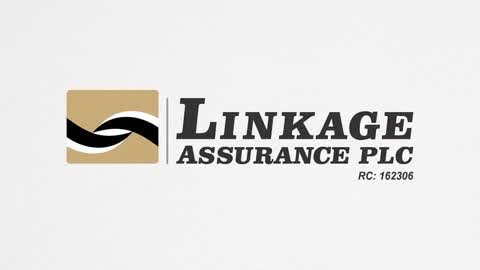Renovating buildings in Lagos requires a permit from the Lagos State Physical Planning Permit Authority for activities such as retiling, re-plastering, and other aesthetic improvements, in line with the Lagos State Physical Planning Permit Regulations, 2019.
Applications for the renovation must be submitted to LASPPPA together with details of the refurbishment and all prior planning permits. The fee shall be equal to 25 % of the current processing fees, and an application must comply with minimal planning requirements before it can be approved, according to Nairametrics.
Experts underlined the significance of renovation permits to ensure compliance with building codes, maintain safety and structural integrity, and conduct environmental checks, adding there is a need to sensitize the public and expand the LASPPPA workforce to ensure compliance.
According to the Lagos State Physical Planning Permit Regulations, 2019, under the Lagos State Urban and Regional Planning and Development Law, Cap U2 of 2015, it is illegal to carry out these renovations without a permit.
Particularly, Section 5, A.1 of the Regulation, which states, “No building shall be renovated in the State without a permit issued by the Authority.”
Here is how the Lagos State Physical Planning Permit Regulations, 2019, defines renovation:
“Renovation” means any act done to cause an improvement to a building’s beauty, and shall include changing of windows and doors, re-plastering, reroofing, replacements of floor coverings, recladding, retiling, kitchen or bathroom remodeling, plumbing works, electrical works, and does not include carrying out of structural improvement or changes to the building.”
This implies that, before replastering of buildings, changes in windows and doors, replacement of roofs, kitchens, or bathroom refurbishment as well as installation of plumbing and electrical works on older structures, Lagos residents must apply for a renewal permit from LASPPPA. Failing to do so would contravene the Lagos State Physical Planning Permit Regulations, 2019.
In line with Section 5 (A.3), anyone intending to renovate a building must apply to the Lagos State Physical Planning Permit Authority before beginning the renovation. This application should include details of the renovation and any evidence of a previous planning permit, if available. The application process will incur a fee equal to 25% of the current processing fees.
If an application for renovation does not include a previous planning permit, the regulations specify that the application must be submitted “As-Built” and must comply with the minimum planning standards applicable to the location. This process will also incur a fee of 25% of the current processing fees.
If the application does not comply with the minimum standards referred to in Section 5, A.5), the applicant shall make the necessary adjustments to comply with those standards before the granting of the renovation permit by the competent authority.
An architect, Kingsley Cletus emphasised the critical benefits of obtaining a renewal permit before improving existing buildings in Lagos.
He explained that these permits ensure compliance with the building codes and regulations set by the Lagos State Government, which is essential for maintaining the safety, integrity, and habitability of the structure.
Cletus cited examples such as the conversion of external plumbing to pipe, or building roofs from wood to steel that can have a significant effect on security and stability in buildings. To ensure compliance with the regulatory standards and to avoid compromising the integrity of the structure, these modifications must be approved.
“Renovation permits include checks for environmental compliance, ensuring that the renovation work does not negatively impact the environment or violate any environmental regulations,” he said.
A real estate consultant based in Lagos, specializing in facility management, who pleaded anonymity, stressed the importance of obtaining renovation permits.
He notes these “permits involve inspections by qualified officials who verify that renovations comply with building codes and are carried out safely.”
This oversight is intended to reduce the risk of construction accidents and ensure that structures can support planned changes, thus maintaining long-term safety and stability for all properties.
They also recommend that the Lagos State Government expand the workforce of the Lagos State Physical Planning Permit Authority to ensure broader compliance with the mandate to obtain renovation permits before starting any projects.










